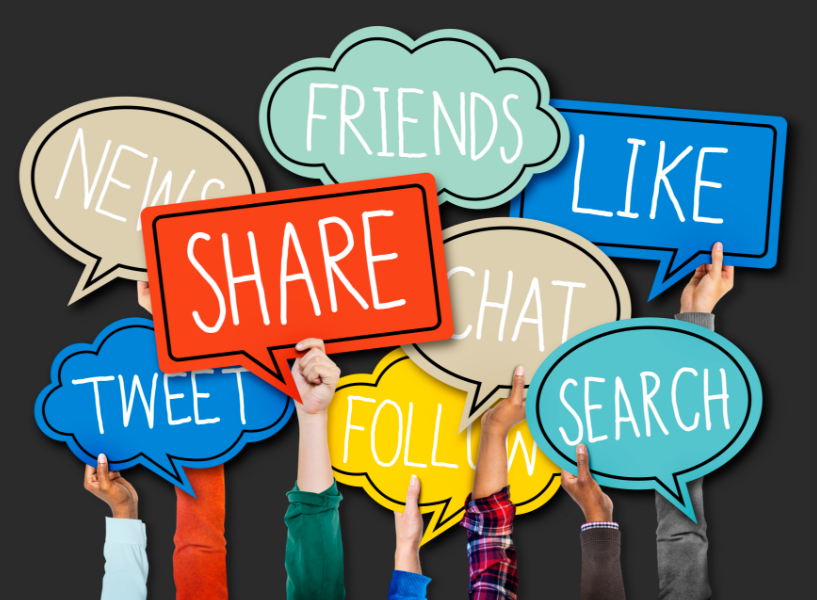The Double-Edged Sword of Social Media
- jacksonjen7
- Jul 12, 2025
- 2 min read

In today’s digitally connected world, social media has become a central part of our lives. As a therapist, I see firsthand how platforms like Instagram, TikTok, Facebook, and X (formerly Twitter) influence the emotional and psychological well-being of my clients. While social media can be a powerful tool for connection, inspiration, and education, it also has a darker side—one that can quietly erode self-esteem, increase anxiety, and distort our sense of reality.
The Good: Connection, Community, and Creativity
Social media isn't inherently harmful. For many, it serves as a lifeline. It allows people to stay connected with loved ones, especially across long distances. It provides a sense of belonging through online communities centered around shared interests, identities, or experiences. I’ve seen clients feel less alone in their struggles—whether with mental health, parenting, chronic illness, or identity—after finding relatable content or supportive groups.
The Bad: Comparison, Perfectionism, and Performative Living
But the same platforms that foster connection can also deepen feelings of inadequacy. The curated nature of social media encourages comparison. We don’t see the messy middle of someone’s story—only the highlight reel. This can lead to distorted perceptions: “Everyone else is more successful, happier, more attractive, more productive than me.” The result? Increased anxiety, low self-worth, and even depression.
Perfectionism is another frequent theme in therapy sessions. Filters, edits, and carefully constructed posts create unrealistic standards, especially for teens and young adults still forming their identities. The pressure to perform—to post the “right” content, get likes, or stay relevant—can make social media feel less like a choice and more like an obligation.
The Subtle: Dopamine Loops and Disconnection from the Present
Even without overt comparison, the design of social media encourages compulsive use. Endless scrolling, algorithmic content, and intermittent rewards (likes, views, comments) keep users engaged in what’s often called a “dopamine loop.” This contributes to difficulties with attention, disrupted sleep, and even emotional numbing.
Ironically, the more we seek connection online, the more we may disconnect from our immediate reality. There’s a growing gap between virtual interactions and authentic human connection.
Suggestions for Change
As a therapist, I don’t tell my clients to quit social media entirely (unless it’s clearly harming their mental health). Instead, I help them approach it more mindfully:
Audit your feed: Follow accounts that inspire, educate, or uplift. Unfollow those that trigger comparison or anxiety.
Set boundaries: Use screen time tools. Designate phone-free times or spaces, like during meals or before bed.
Check your intention: Before opening an app, ask yourself, “Why am I doing this right now?” Is it out of boredom, stress, or habit?
Reclaim real-life connection: Prioritize face-to-face relationships. Call a friend instead of commenting on their post.
Be real (if you want to share): Vulnerability and authenticity can be powerful antidotes to the pressure of perfection.
Social media is not good or bad—it’s a tool. Like any tool, its impact depends on how we use it.

My hope is that we can all learn to engage with it in a way that supports rather than sabotages our mental health. As with all things in therapy, awareness is the first step. From there, we can begin to make intentional choices about the digital spaces we inhabit—and how they influence the people we are becoming.





Comments